Central African Republic
An investigation has been opened into the Central African Republic's former president François Bozizé, accusing him of acts of rebellion during the presidential election on December 27, prosecutors said on Monday.
Bozizé was last month accused by the government of staging an attempted coup after a coalition of rebels marched on the capital, Bangui, before the vote. Bozizé denied the allegations but said he sided with the rebels.
Read more:
UN retakes Central African Republic town from rebels Russia, Rwanda send troops to Central African Republic ahead of general election
Bozizé returned to the Central African Republic after he was forced from power and fled abroad in 2013.
He held office for a decade before he was ousted by a coalition of mainly Muslim armed groups, the Seleka.
An international arrest warrant issued by Central African authorities in 2013 accuses Bozizé of “crimes against humanity and incitement of genocide.”
He had hoped to run in the presidential election but was barred from the race as he is under UN sanctions.
Bozizé has a large following, especially among the Gbaya ethnic group, the country's largest, and has many supporters in the army.
Violence
On Sunday, rebel forces seized the south-eastern town of Bangassou, an official from the country's United Nations mission said. Thousands of civilians have fled the town,
The government and armed groups signed a peace deal in February 2019, but the country still has bouts of violence.
Militias hold sway over two-thirds of the territory, deriving income from mining and forced payments at roadblocks and on traders.
In the last seven years, thousands have died and nearly a quarter of the population of 4.7 million have fled their homes.




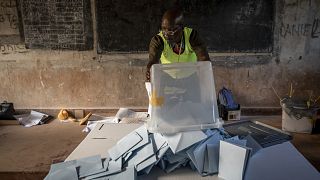
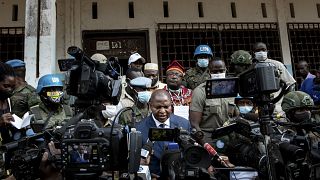
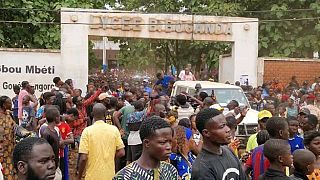
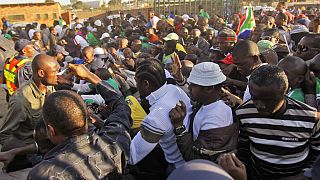
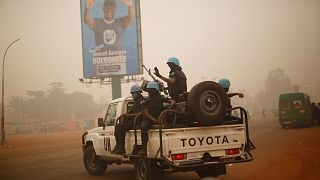
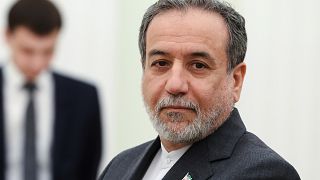


02:35
Central African Republic's major rebel groups to disarm, dissolve
01:08
Dancehall superstar Shatta Wale urges young people to back President Mahama
01:09
Guinea presents draft for new constitution, referendum set for September
01:19
Record number: nearly 1.3 million Haitians now internally displaced
01:20
Amnesty International accuses DR Congo's M23 rebels of possible war crimes
01:06
Nigeria scraps controversial bill making voting mandatory